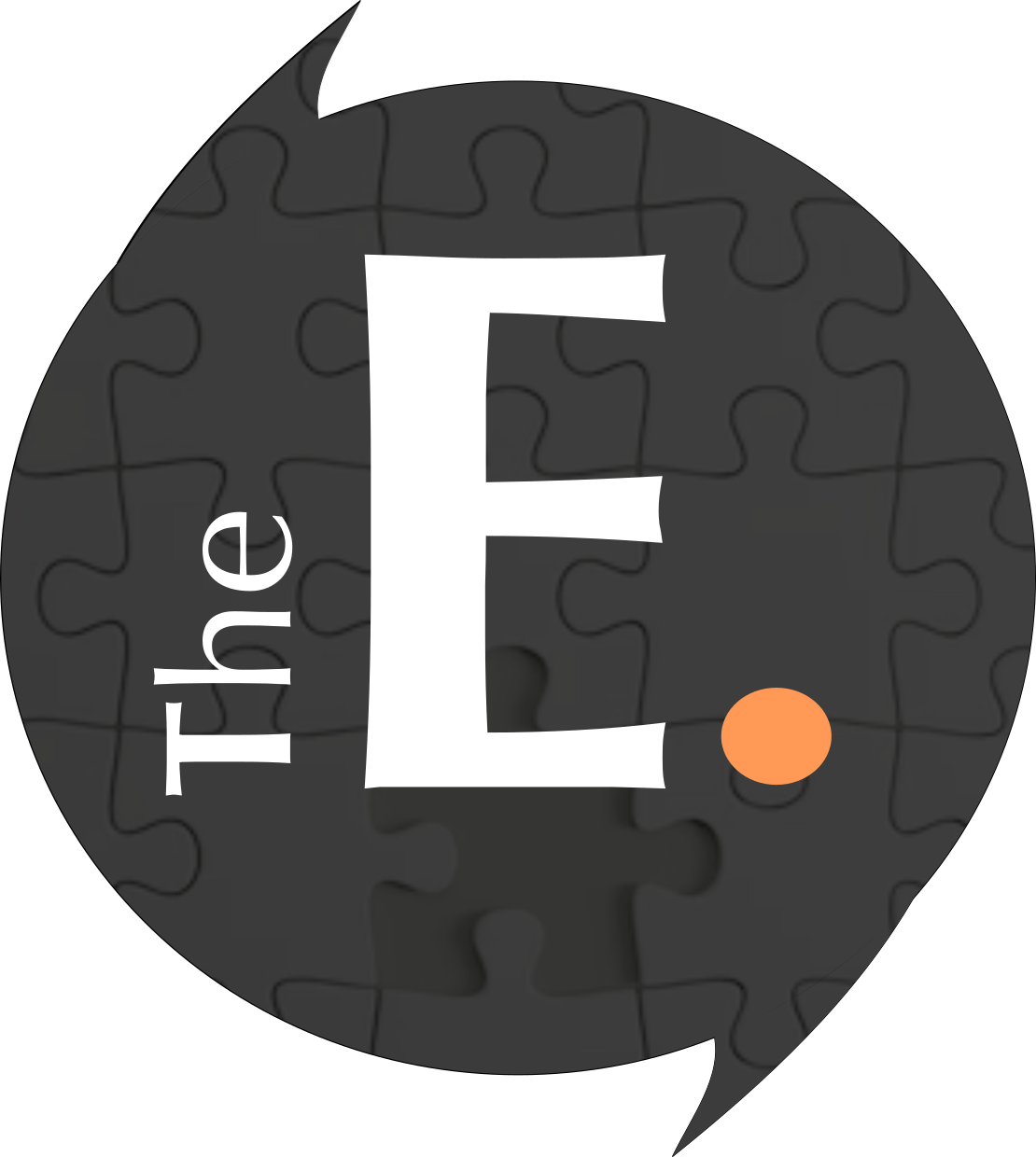Challenges of a new assistant professor that no one prepares you for
The transition from a post-doctoral researcher to an independent Principal Investigator (PI), also known as Reader or assistant professor, is a journey full of uncertainties. From being a researcher, one suddenly finds themselves negotiating finances, managing people, and thinking like a CEO. We asked two budding assistant professors their thoughts about this transition, the challenges they face in their day-to-day professional lives, and the tricks they use to overcome them.
Dr. Alejandra Rodriguez Verdugo, a faculty at the University of California Irvine, and Dr. Gabriele Micali, a group leader at Humanitas Research Hospital, Milan, were postdocs in Prof. Martin Ackermann’s group at ETH- Zurich studying mechanisms of ecological interactions. Now each starting their faculty journeys in different countries, the USA and Italy, they list points they wished they knew before navigating their way up the professional ladder.
1. Mentoring has its challenges!
Alejandra - So, I knew it was going to be a lot of budgeting, writing, and teaching. I was kind of prepared that it was going to be challenging. What I didn’t know is how challenging would be to mentor students and postdocs. Even though I took a lot of leadership and mentoring courses, there is no "one single formula" for mentoring. Every single person is unique and thus, each relationship will have it unique set of challenges. At the end of the day, one of the most important things is communication. And communicating efficiently takes practice!
2. There are simply too many things to do!
Gabriele - As a postdoc, you have a general idea of what your day or week is going to be like…you have some meetings but you are aware of how much time you can dedicate to your research. As a group leader, suddenly you may have some unanticipated tasks, such as emails, student questions, ordering, or fixing that requires your urgent attention. In the long term, one learns to manage time better but the initial rush is real.
3. Know what/whom to ask while dealing with the University administration
G - Institutes have their way of processing your research funding. In the one where I am now, everything is centralized. So, there is a long waiting time between when you ask for things and when they get answered. I even feel I have less freedom, be it organizing my conference travel or buying machinery.
A - Yeah, I had a similar experience. It is like, even knowing whom to ask what is already a challenge. For example, if I have a finance issue I presume I would approach the finance department, or is it more like human resources problem? It is often hard to know which office to contact. The University of California follows a self-governance system where the employees can be part of the decision-making in the university. This requires faculty to additionally be aware of administrative terminologies and laws.
4. Evaluating the first few potential hires is always tricky
G - As a postdoc in a well-established research group, I have seen the merits of inviting prospective PhDs and postdocs for in-person interviews before hiring them. As a small young PI, one cannot afford to do that. So, I needed to develop a slightly different approach for judging and assessing the candidates.
(When asked about hiring people of diversity, Gabriele mentioned how that could be a problem unless the candidate knows or understands Italian) I think one can survive without, but if everything around you, including some seminars, is in Italian, it is going to be uncomfortable.
A - In California, particularly in the UC system, there are a lot of candidates from diverse backgrounds, however, recruiting talented students is always difficult. We always lose better students to Harvard or MIT.
5. Other PIs in the department often provide a sense of a community
A - In my case, my colleagues were super excited about me joining the department. They immediately extended invitations for collaborations in grants, they wanted me to be on the thesis committees of their students, etc. This kind of welcoming means a lot to me as it immediately integrates you into the real activities of the department.
G – I too find my colleagues supportive and super nice. For instance, if I ask to join their group meetings or want to have a conversation to know things, they are super happy to accommodate. But there isn’t an organized way of integrating as Alejandra mentioned. It could also be because of how Italian culture is – If you are not asking, it is because you don’t need it.
6. Take management courses while you are a Postdoc
A – I ended up taking a lot of courses, such as leadership and mentorship training, and designing a course workshop, during my current position which I could have taken before as a postdoc. As a postdoc, one does get some level of teaching experience but it is not like you are ready to take care of a syllabus. Additionally, I would have benefitted from a business time-management course before taking this position.
G – I think I was very unrealistic with my expectations, and it takes a process when you realize you must adjust your expectations. It might also help to go easy on yourself at the beginning. With that, one also needs to be flexible along with being organized.
Let us know how you find our articles by commenting here. What other #AcademicLife topics would you like to see covered on our platform?


